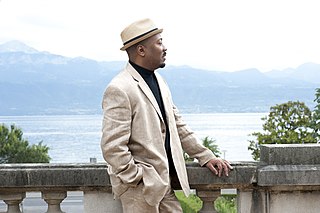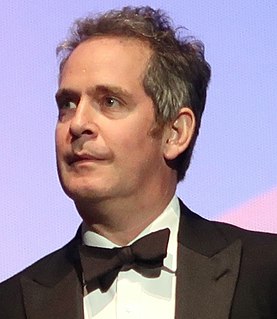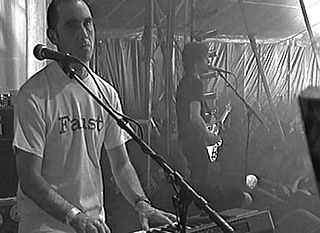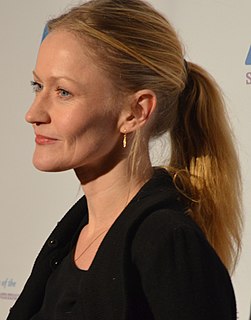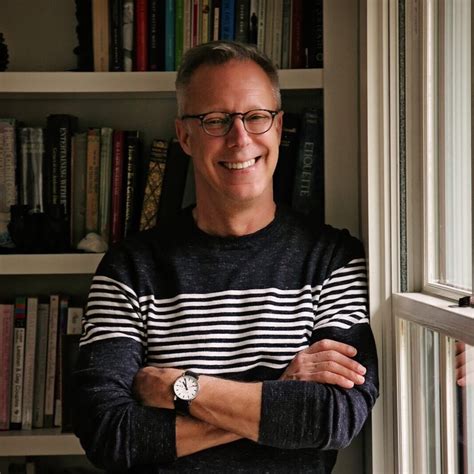A Quote by Mary Robinson
People I admire have two qualities: a kind of simplicity, and generosity of spirit. It seems to me that the more impressive people are in what they have done, the simpler they tend to be in how they talk to you, or in what they say or write.
Related Quotes
I have tons of stuff that, you know, seems like it's a well-constructed sentence but it is not how people talk, it's how people write. So that's why I think it's sometimes easier for me to write for actors 'cause I know what's frustrating about, you know, sentences that come out just perfect. Well, who talks like that? And who of us don't overlap each other? Except on the radio, hopefully.
Everyone has a masculine and feminine side; masculine qualities and feminine qualities. We've all got these sides to ourselves. And clothes can tell that story. People would think this is very unsympathetic, but I would always say to people, you don't actually need to go through with an operation, can't you just be? You are who you are! But then people say to me, "Oh, you're really dreadful, how would you know?".
From my vantage point, when I'm criticized in a way that I can hear what's being said - i.e., the issues - I'm more likely to listen and respond. A lot of the personal email I receive consists of name calling; I'll write back and say: Talk to me like I'm a person and you're a person and tell me where you disagree with me. I can't tell you how that turns people upside down. More often than not they write back with an apology and a reasoned argument.
In judging our progress as individuals we tend to concentrate on external factors such as one's social position, influence and popularity, wealth and standard of education... But internal factors may be even more crucial in assessing one's development as a human being. Honesty, sincerity, simplicity, humility, pure generosity, absence of vanity, readiness to serve others - qualities which are within easy reach of every soul - are the foundation of one's spiritual life.
Outside observers often assume that the more complicted a piece of mathematics is, the more mathematicians admire it. Nothing could be further from the truth. Mathematicians admire elegance and simplicity above all else, and the ultimate goal in solving a problem is to find the method that does the job in the most efficient manner. Though the major accolades are given to the individual who solves a particular problem first, credit (and gratitude) always goes to those who subsequently find a simpler solution.
What profession is more trying than that of author? After you finish a piece of work it only seems good to you for a few weeks; or if it seems good at all you are convinced that it is the last you will be able to write; and if it seems bad you wonder whether everything you have done isn’t poor stuff really; and it is one kind of agony while you are writing, and another kind when you aren’t.
I must say what I admire most is the person who masters an area of practical experience, and can teach me something. I mean, my local midwife has taught me how to keep bees. Well, she can't understand anything I write. And I find myself liking her, may I say, more than most poets. And among my friends I find people who know all about boats or know all about certain sports, or how to cut somebody open and remove an organ. I'm fascinated by this mastery of the practical.
The way we learn to write is the way we learn to talk: We listen to others and start mimicking speech, and that's how we come to become speakers. Writers you admire, you admire the way they plot, you admire the way they create a character, you admire the way they put a sentence together, those are the writers you should be reading.

